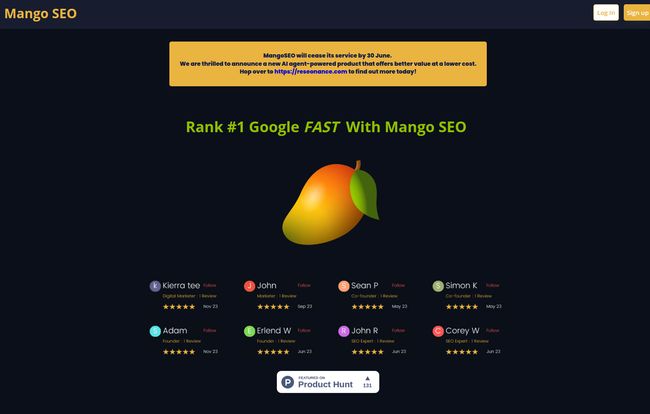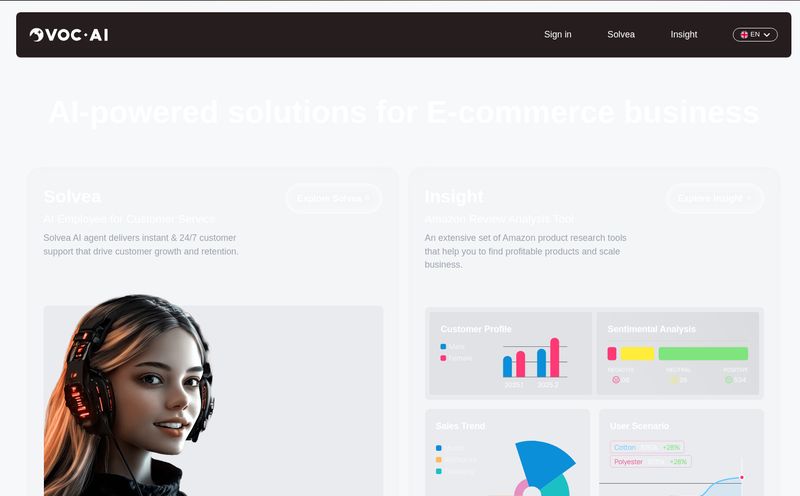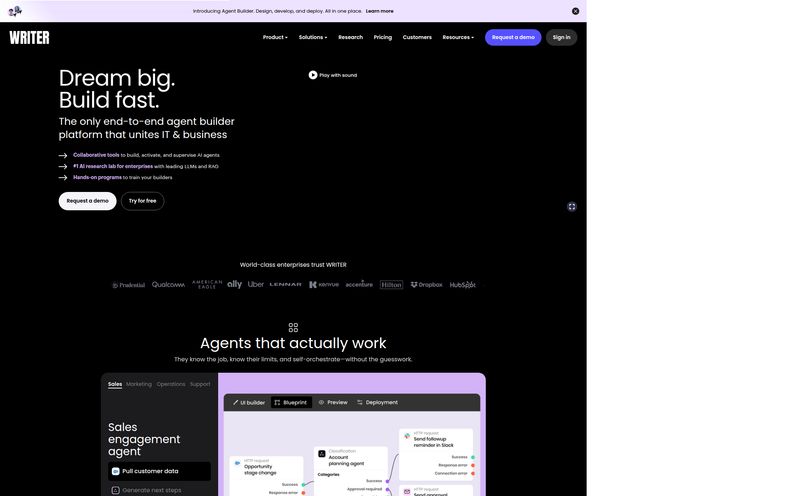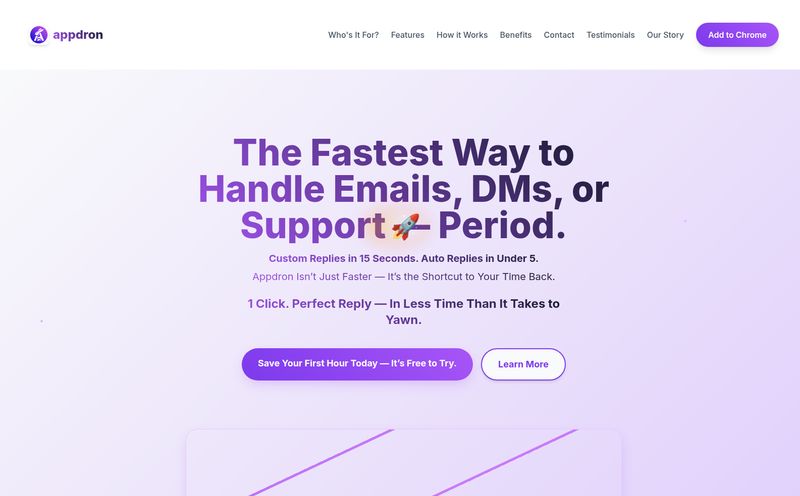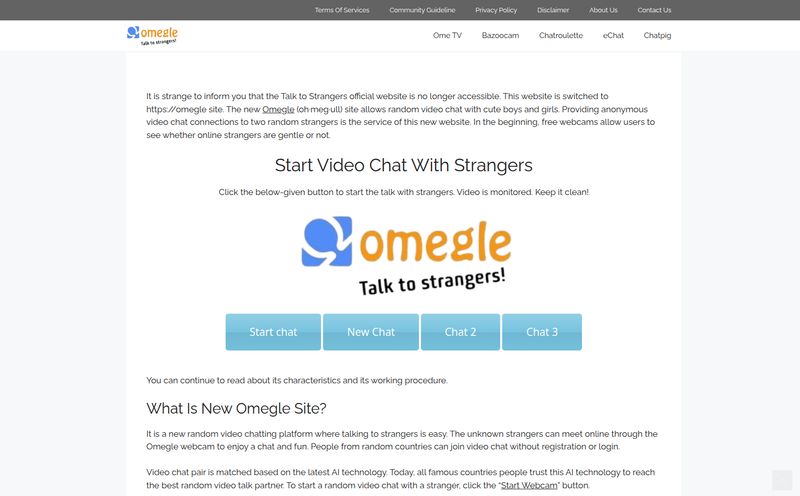The world of SEO tools feels like a constant gold rush. Every week, there's a new AI-powered wunderkind promising to get you to the top of Google overnight. Some are flashes in the pan, others are genuinely game-changing. For a little while, Mango SEO AI felt like it was firmly in that second category. It was a tool that had me, and a lot of other folks in the industry, raising our eyebrows in a good way.
It promised a powerful suite of tools, from programmatic SEO to AI content generation, all bundled up for small businesses and solo entrepreneurs. The dream, right? But in the fast-moving world of tech, things can change in the blink of an eye. And with Mango SEO AI, they certainly have. So, let's take a walk through what this platform was, what made it special, and talk about the big news that changes everything.
So, What Was Mango SEO AI Anyway?
At its heart, Mango SEO AI was designed to solve one of the biggest headaches for any website owner: creating enough high-quality, targeted content to build topical authority. We all know that Google doesn't just rank individual articles anymore; it ranks sites that are true experts on a subject. Building that expertise means publishing a ton of related content, and doing it consistently. That's a huge time sink.
Mango SEO AI tried to be the ultimate shortcut. Think of it as a content-focused Swiss Army knife. It used AI to help you generate articles, but its real magic was in its approach to programmatic SEO. It wasn't just about spitting out a single blog post; it was about creating a whole interconnected web of content around a core topic, positioning you as the go-to source.
The Standout Features That Made Mango SEO AI Shine
What really got people talking were the specific tools under the hood. It wasn't just a generic AI writer with some SEO chrome bolted on. The features felt thoughtfully combined to support a specific workflow.
Programmatic SEO on Steroids
This was the big one. Programmatic SEO sounds super technical, but the idea is simple. You take a data set (like a list of services, locations, or products) and a template, and you automatically generate hundreds or even thousands of unique pages. Mango SEO AI made this accessible. You could feed it a list of keywords or topics, and it would help you create a massive batch of articles, meta descriptions, and titles. For businesses trying to dominate a local market or a specific niche, this was an absolute beast of a feature. It was the difference between building your topical authority brick-by-brick and having a whole construction crew show up.
AI Content Generation (And Not Just Fluff)
Of course, it had an AI writer. But it also had some clever additions. The multi-language support was a huge plus for anyone targeting international markets. It also included tools for improving existing content, not just creating new stuff from scratch. I’ve always believed that refreshing old content is one of the most underrated SEO tactics, and it was great to see a tool that supported that. It even had an Image Loader that could find and insert images based on your article's title, which is a neat little time-saver.
Integrated SEO Analysis Tools
Switching between a keyword tool, a content editor, and a rank tracker is a pain. Mango SEO AI brought some of this under one roof. It had a built-in keyword research tool that pulled data straight from Google, a duplicate content checker, and even some basic backlink analysis. Was it as powerful as a dedicated tool like Ahrefs or Semrush? No, of course not. But for a content-focused platform, having these tools integrated directly into your workflow was incredibly convenient.
Let's Talk Money: The Mango SEO AI Pricing Plans
Pricing is always where the rubber meets the road. Mango SEO AI had a few different pricing structures over its life. The main plans promoted on their homepage were clearly aimed at different scales of operation. It’s worth noting that I’ve seen a couple different versions of their pricing page, one with a $9 "Creator" plan, which is pretty common for SaaS companies as they test what resonates with the market.
But here’s the most common breakdown I saw:
| Plan | Price (Per Month) | Key Features |
|---|---|---|
| Pro | $39 | All programmatic SEO tools, real-time analysis, content writnig tools, WordPress integration. |
| Business | $79 | Everything in Pro, plus AI Content Strategy, Content at Scale Automation, and premium support. |
| Agency | $129 | Everything in Business, plus bulk indexing support (for up to 1,000 URLs/day, but Windows OS only). |
Honestly, for the power it offered, the pricing felt pretty fair. The Pro plan at $39/month was a great entry point for a small business or blogger wanting to seriously scale their content production. The Agency plan's bulk indexing feature was intriguing, though the Windows OS only limitation was a bit of a weird quirk.
The Elephant in the Room: The Reseonance.com Acquisition
Okay, let's get to the big news. If you go to the Mango SEO AI website right now, you’ll be greeted with a banner that says it all:
"We are being acquired by Reseonance.com! MangoSEO service will cease by 30th June. Please create a new account with Reseonance.com!"
And that's that. This isn't a rumor or a prediction; it's a definitive end date. As of June 30th, Mango SEO AI will no longer be operational.
This completely changes the conversation. It's no longer about whether you should sign up. You can't. For existing users, it’s a mandate to migrate. The company is actively pushing users toward Reseonance.com, which appears to be its successor or the acquiring company's platform. This is a classic tech industry story—a promising product gets absorbed into something bigger. It's a bummer for those who loved the platform as it was, but it's the nature of the beast.
The Good, The Bad, and The... Obsolete?
So, looking back, what was the final verdict? Even though it’s heading off into the sunset, it's worth appreciating what it did right and where it stumbled.
What I Loved (The Pros)
The biggest pro was the sheer time-saving potential. The ability to conceptualize and execute a programmatic SEO strategy from a single dashboard was fantastic. For a solo operator, it could turn weeks of work into a few days. The WordPress integration was another smart move, simplifying the publishing process and closing the loop from creation to live article. It was a well-thought-out system for people who live and breathe content marketing.
Where It Faltered (The Cons)
No tool is perfect. The reliance on AI always meant that a human touch was needed. You couldn't just generate 100 articles and expect them all to be perfect, Pulitzer-prize-winning pieces. You still had to edit, fact-check, and inject your own voice. I've seen some argue that the pricing, while fair for the power, could still be a barrier for very small businesses just starting out. And, as mentioned, the Windows-only limitation on the high-tier bulk indexing feature was an odd choice in a world where many marketers and developers are on Macs.
A Fond Farewell to Mango SEO AI
It's always a little sad to see a good tool go. Mango SEO AI had a clear vision: to empower smaller players to compete with the big guys on content. It bundled the right features together and focused on a strategy—building topical authority—that genuinely works. It was a powerful ally in the content creation trenches.
But its story isn't quite over; it's just turning a new page. The explicit direction to move to Reseonance.com suggests that the spirit and technology of Mango SEO AI will live on. For now, we'll have to pour one out for a tool that burned brightly, if only for a short time. It serves as a stark reminder that the SEO tool landscape is always shifting beneath our feet, and the best we can do is try to keep our balance.
Frequently Asked Questions
- 1. What was Mango SEO AI?
- Mango SEO AI was an AI-powered SEO platform designed to help businesses and entrepreneurs generate content at scale. Its main focus was on programmatic SEO and AI article generation to help users build topical authority with search engines quickly.
- 2. Is Mango SEO AI still available for purchase?
- No. The service is being shut down on June 30th. The company has been acquired by Reseonance.com, and new users can no longer sign up for Mango SEO AI.
- 3. What is Programmatic SEO?
- Programmatic SEO is a method of creating a large number of landing pages at scale by using a template and a data set. It's often used for location-based pages, product variations, or any scenario where you need to create many similar but unique pages targeting specific long-tail keywords.
- 4. What is Reseonance.com?
- Reseonance.com is the company that has acquired Mango SEO AI. Existing Mango SEO users are being instructed to create new accounts on the Reseonance platform, suggesting it is the successor to the Mango SEO toolset.
- 5. What were the main features of Mango SEO AI?
- Its key features included an AI article writer, programmatic SEO tools for bulk content creation, multi-language support, integrated keyword research, a duplicate content checker, and WordPress integration for easy publishing.
- 6. Was Mango SEO AI expensive?
- It offered several pricing tiers, starting with a Pro plan at $39/month and going up to an Agency plan at $129/month. The pricing was generally considered fair for the features it provided, especially for businesses serious about scaling content.
